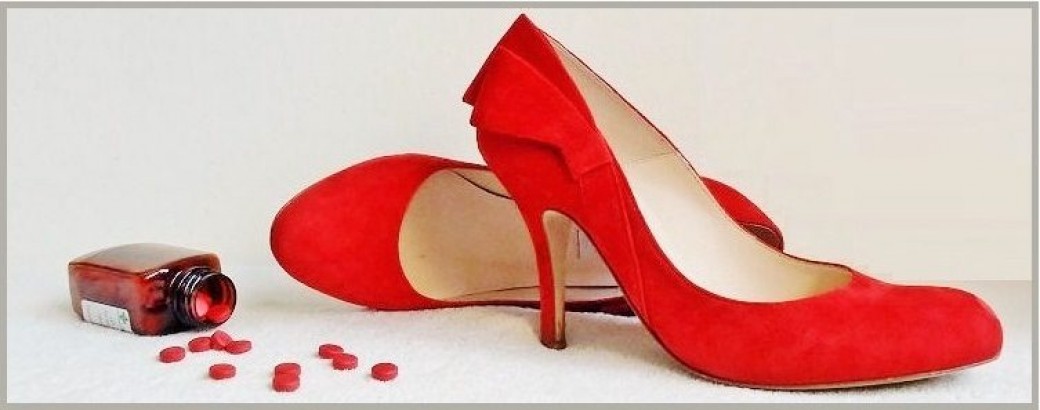It’s a fun life, this novelist business: publishing and promoting a book, and getting a sequel going, while ideas for the prequel are also bubbling away.
What did I do before novelling?
A lot more doctoring, for a start. Every day, the rich pageant of life played out in the consulting-room. Many patients shared their innermost secrets, told me their darkest fears. Most had washed, some hadn’t. Their socks stood up unaided.
A lot of them talked while I listened to their chests, so I had no chance of picking up the subtle signs learnt at medical school. Or hearing what they were saying.
Frequently a patient would promise “This won’t take a minute, doc.” Which was true. It usually took at least half an hour. The ones who took longest had often brought me newspaper cuttings about the latest ‘breakthrough’. Sometimes it was an article I’d written myself.
These days it’s all about patient-centred medicine. I realised how far along this road we’d gone when a patient just to ask how feather pillows should be washed. Some patients, of course, were really ill, like the young man with meningitis who turned up thinking he’d just badly strained his back. Despite being sent to hospital by ambulance right away, he still ended up disabled.
 When I was training to be a GP, I visited a lot of housebound patients. Finding their homes could be a challenge. Houses with names were the bane of my life, as were those where the numbers were too small to see from the road. It was a straight choice: stop every so often to peer at them, or drive with two wheels on the pavement.
When I was training to be a GP, I visited a lot of housebound patients. Finding their homes could be a challenge. Houses with names were the bane of my life, as were those where the numbers were too small to see from the road. It was a straight choice: stop every so often to peer at them, or drive with two wheels on the pavement.
There were homes so dirty you wiped your feet on the way out.
And high-rise blocks of flat which smelled of urine and carbolic (but mostly urine). The lifts never worked, and if they did nobody would have willingly entered them anyway.
There were tiny bungalows where a lot of patients kept the front door key hanging on a length of string inside the door. You fished the string out through the letter box and let yourself in.
Often there were dogs where you least expected them. There were two kinds: the protective type bared their teeth as soon as you touched their master, and the other kind stayed curled up on the sofa, unnoticed till someone sat on them. Then they yelped into life and bit you on the bum. 
Sometimes the patient was dangerous, like the young psychotic who locked me into the dining room and threatened me with shards of broken mirror.
It wasn’t a wealthy area. I’d get called out to see patients with minor injuries, if they weren’t sure it was worth getting a cab to A&E. Funny they could always afford cigarettes.
The ones that I remember most vividly were the old people, living out their lives in one-bedroomed homes, surviving on their pensions (if they turned the heating down), their memories, and not much else. They usually had a knitted blanket on their knees, a couple of faded photos on the mantlepiece, some tacky souvenir from a seaside holiday, and maybe a china dray-horse on the window-sill. While there I’d check the kitchen cupboards. They were often bare apart from a huge collection of medicines.
All of human life could be found in patient’s homes, providing insights that are rarely glimpsed 25 years on. I still see patients, but these days it’s almost always in the consulting-room. Even full-time GPs don’t have the nearly same volume of home visits these days. There’s no time in today’s high-pressure, high-tech primary care.
